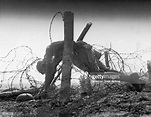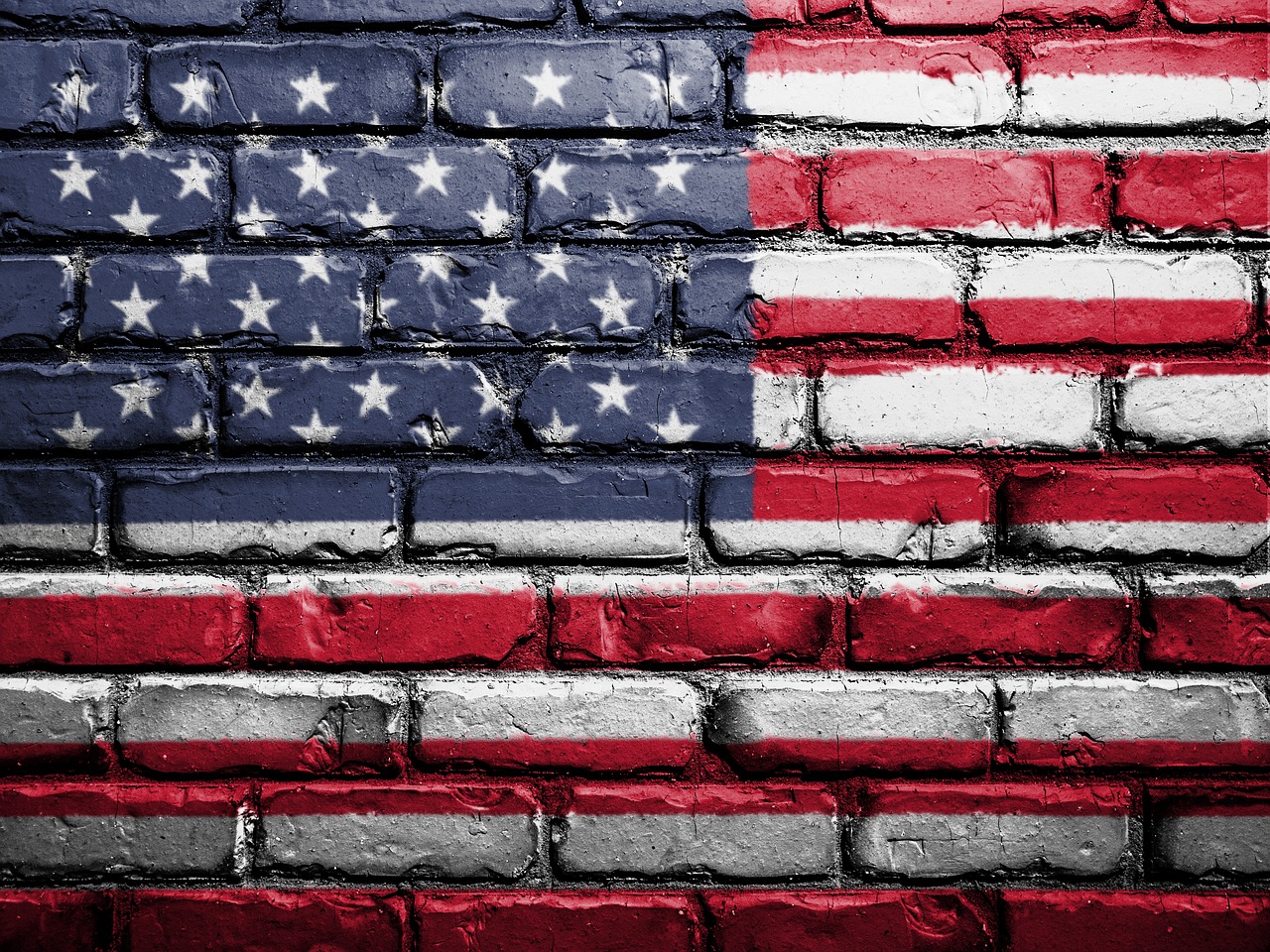When I get up in the morning and find a pulse, I thank God. I also thank God for all the servicemen and women serving worldwide and especially those who made the ultimate sacrifice, so I can breathe Freedom.
Free to love, create, dream, and speak my mind.
Yeah, I thank God.
************************
“It is foolish and wrong to mourn the men who died. Rather we should thank God such men lived.” –General George S. Patton
****************

I was inspired to write the following poem after I saw the photograph — the black and white image of a dead World War I soldier on top of the barbed wire.
It was decades ago that I wrote the poem, Verdun.
There are so many unanswered questions.
What were this young man’s dreams? How far from home was he when he fell on the barbed wire? And, most importantly, who loved him, and who did he love back?
Maybe, he had a thousand dreams swirling inside his head. Or, a sweetheart’s letter in his pant pocket to stave off the loneliness and uncertainty. I wondered what went on his mother’s mind when she first saw her baby boy.
What were his thoughts as he took his last breath? Did he call out his mother? Did he have a wife? Perhaps, a girlfriend he made promises to before he left home — promises never fulfilled.
Just how many lives did he touch before he died?
And maybe somewhere in the universe, there is a shelf where his photograph rests, along with the photographs of other fallen soldiers who never made it home.
Photographs of better days, betters times, when they all wore calm and beautiful smiles and mischievous eyes. And eyes gazed into the future through the prism of optimism and hope.
Still, he was just another lamb sacrificed so mankind might know how to measure its madness.
Rest in peace, sweet warrior, as the guns of Verdun subside.
******************
VERDUN
THE POETRY OF RAUL HERNANDEZ
Historians consider the World War I Battle of Verdun in France as the longest and costliest battle in history. The battle between the French and the Germans began on Feb. 21, 1916, and ended on Dec. 16, 1916. There were more than 700,000 dead, wounded, or missing during the fighting within a six-mile-square area.

